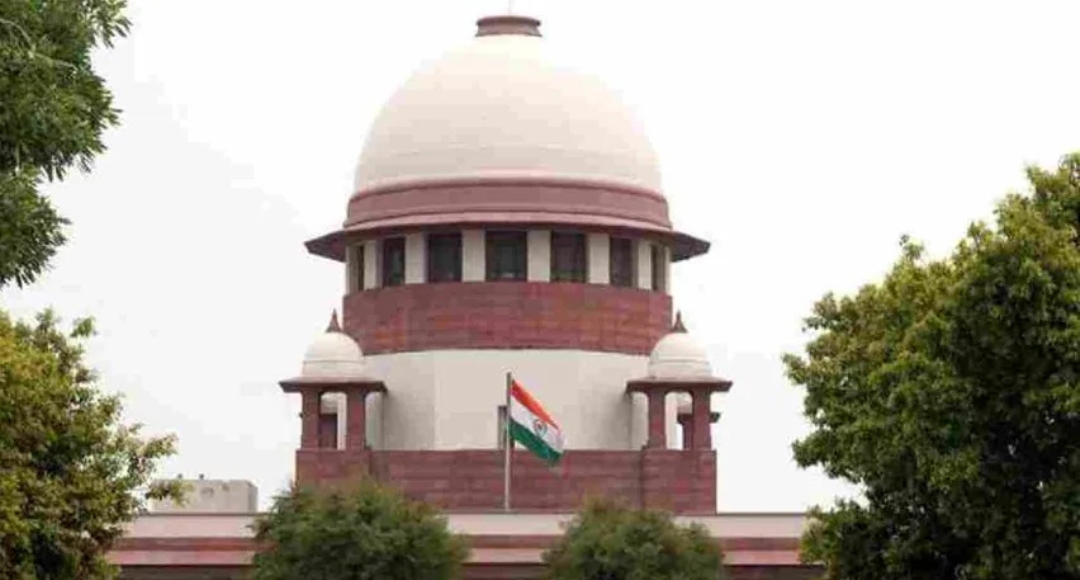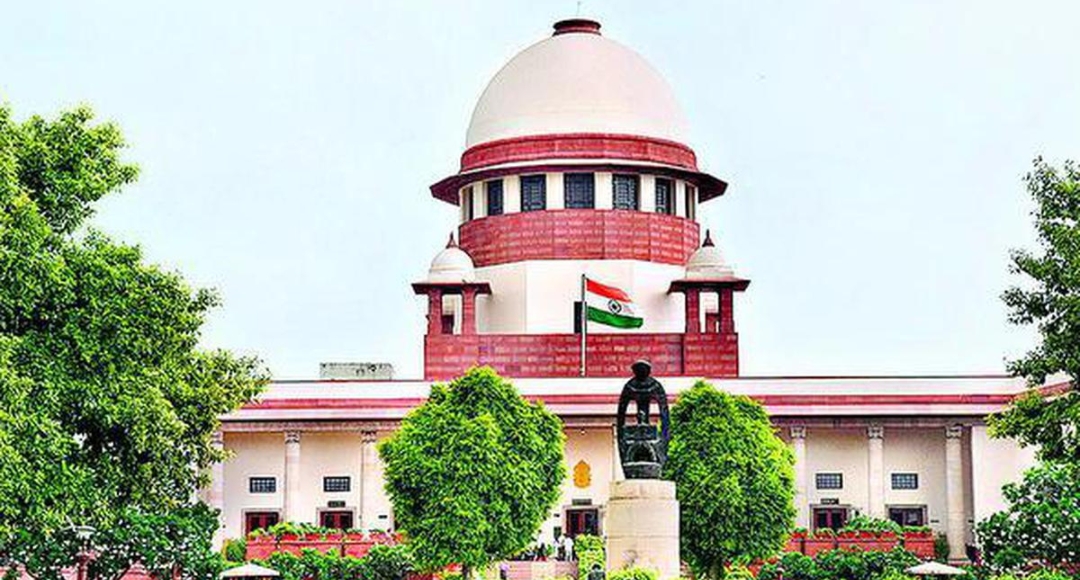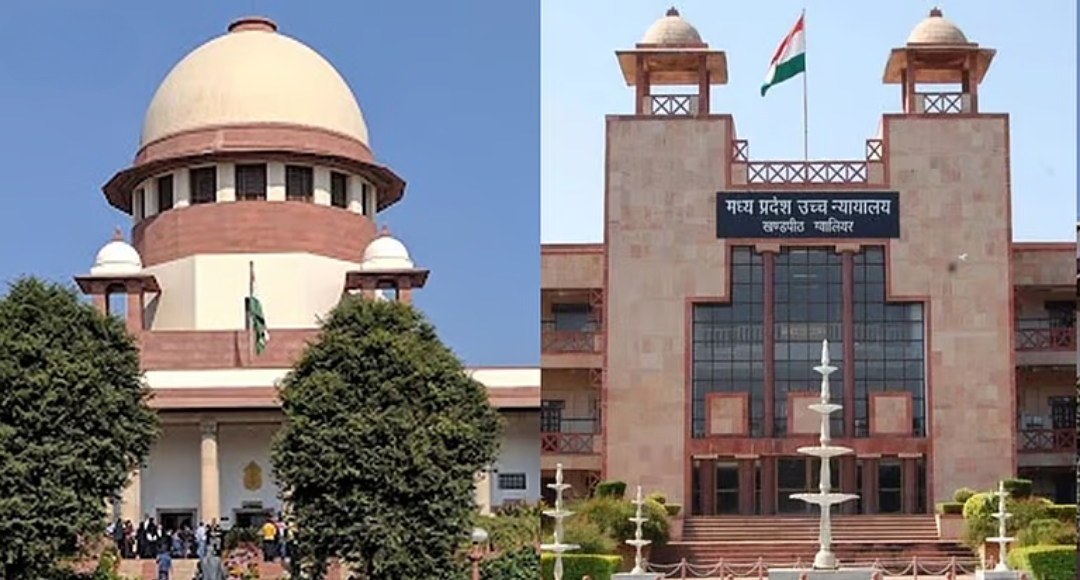The legal world can often seem complex and full of twists and turns, but at its core, justice is about fairness and following established laws. Recently, the Supreme Court of India found itself speaking out against a decision made by the Madhya Pradesh High Court (MP HC) that left many legal experts stunned.
The Supreme Court Bold Intervention
The case in question involved a man who had been convicted but was denied bail by the MP HC. According to the High Court’s ruling, his appeal for the suspension of sentence would only be considered after he had served half of his sentence. The court also referred to the fact that tainted currency notes had been recovered from the man’s possession and used this as a key reason for denying his bail.

Despite these facts, the Supreme Court stepped in and overturned the decision, granting bail because the chances of an appeal being heard shortly were slim, especially given the overwhelming backlog of cases in the high courts.
Concerns Over the New Bail Condition
Adding to the controversy, the MP HC had also stated that the convict could only renew his request for bail after serving half of his sentence, including any remission. This ruling raised questions about the fairness of such a condition, especially when the legal system is already grappling with a massive backlog of cases that delay justice for many.
The Supreme Court’s ruling stands as a reminder that bail decisions should be based on established legal principles, not arbitrary conditions. It also raises concerns about the tendency of some trial courts and high courts to deny bail in cases where the violation of the law is not severe. The SC has made it clear that such decisions must be made carefully and with respect for the fundamental rights of the accused.
Justice Must Be Fair and Accessible for All

While the legal system can sometimes feel overwhelming, this case shows that justice, when applied correctly, has the power to ensure fairness for all. The Supreme Court’s intervention in this matter is a testament to its role as the guardian of justice, striving to ensure that no one is unfairly treated by the system.
Disclaimer: This article is based on public news reports and legal proceedings. The views expressed here are for informational purposes only and should not be construed as legal advice.
Also Read:
Delayed But Not Denied: Supreme Court Revives Claims Under Limitation Law
When Law and Love Unite: Supreme Court Applauds Piplantri Tree Tradition
Supreme Court Slams Overpriced Lawyers: Justice Must Be Accessible to All






